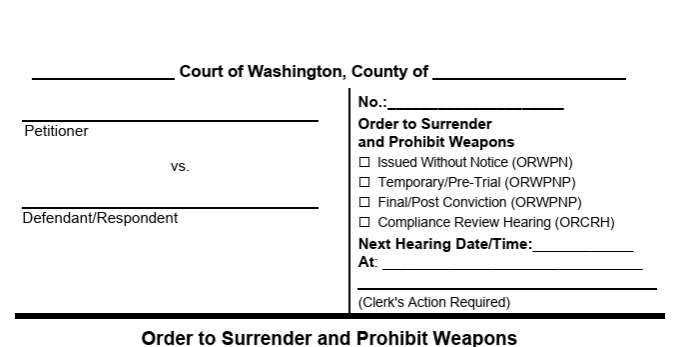Aug 19 2025 15:00
Can Texts Be Used Against You in Court?
In today's digital era, texting has become an integral part of our daily lives. For many, it’s a go-to form for communicating everything from casual greetings to significant transactions. But as comforting as this instant communication is, it can also be unnerving to think about how these messages could potentially be used legally against us. This post aims to clarify how text messages can become critical evidence in court, explore the potential risks, and advise on safeguarding your legal interests.
Texts as Evidence
Text messages are legitimate evidence, provided they meet certain criteria. For a text to be admissible in court, it needs to be: Authentic(traced back to the specific device or account it's from), Relevant(pertinent to the case), and in alignment with evidentiary rules. Understanding this gives clarity on what texts might be scrutinized in legal proceedings.
Screenshots Aren't Always Enough
Screenshots may seem like a quick way to save a conversation but relying on them can be misleading in court. Screenshots could be edited or misrepresented; hence, courts favor original messages complete with metadata. This means that raw data straight from devices is often preferred to ensure integrity.
Recovering Deleted Messages
Even if a message has been deleted, it may still be recoverable. Law enforcement agencies with early access to a device might retrieve deleted texts. It's crucial not to tamper with or attempt to erase messages, as this could be interpreted as obstructive behavior, further complicating legal situations.
Misinterpretation Risks
One of the major pitfalls of texting is that messages can often be taken out of context. Innocent communication—be it humor or vague remarks—can be twisted into a misleading narrative. It’s a reminder to be cautious of how texts can be perceived and potentially misused.
Privacy Isn’t Guaranteed
While we often assume our communications are private, texts can be accessed in numerous ways: through a warrant, by extracting metadata from phone providers, or via messages stored on the recipient's device. This realization underscores the necessity to be mindful of what you share in text formats.
Challenging Text Message Evidence
Not all is lost if text evidence is presented against you. There are viable legal defenses, such as asserting improper acquisition of evidence, offering additional context, or denying authorship of the text altogether. These defenses highlight an opportunity to dispute potentially damaging message interpretations.
Preventive Measures
Adopting precautionary actions can mitigate risks. Consider the following steps: avoid sending sensitive information via text, secure your device with strong passwords, and retain message records as they are even after incidents. Refraining from deletion can sometimes support your case.
Though the prospect of texts being utilized in court might feel daunting, understanding the legal landscape empowers you. Digital evidence, when challenged correctly, can be contested. Legal assistance is crucial, and consulting a defense attorney is advisable if facing legal uncertainties concerning text messages.

















